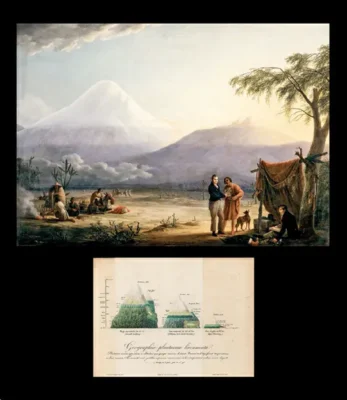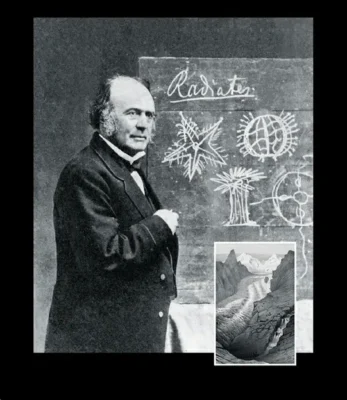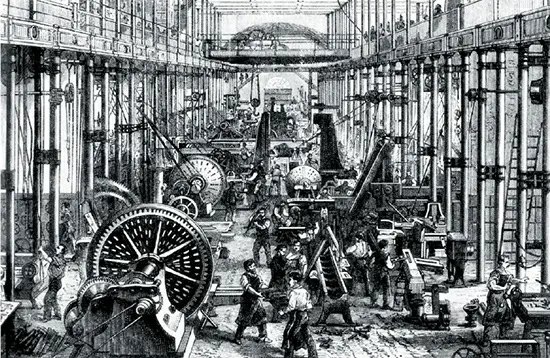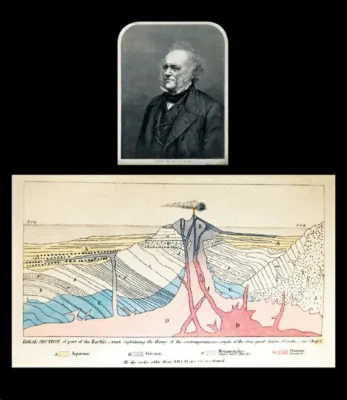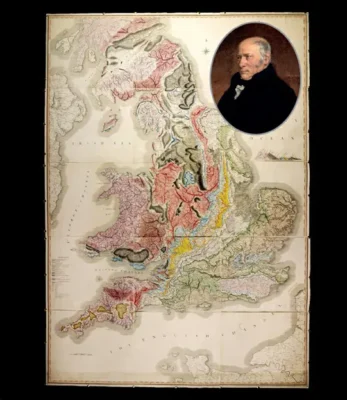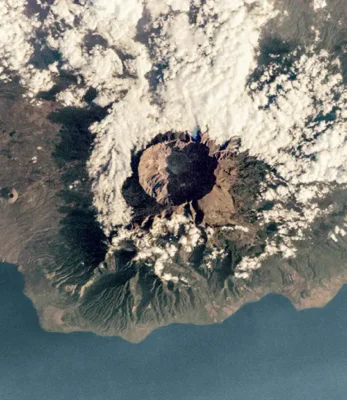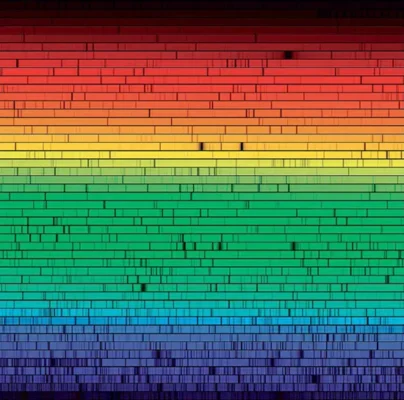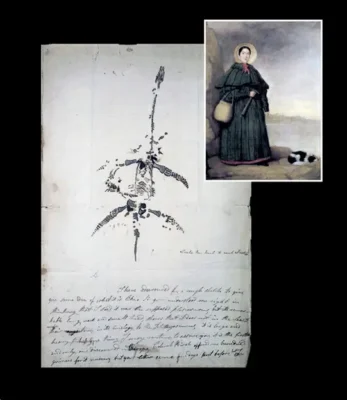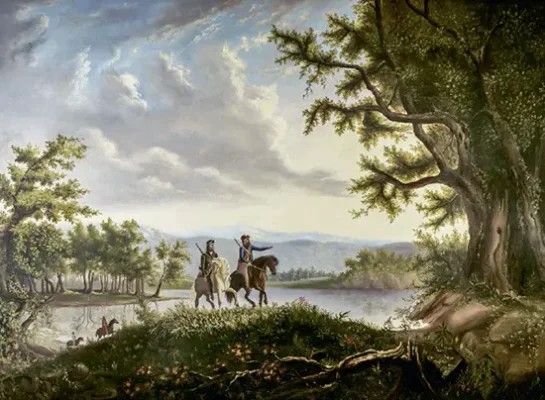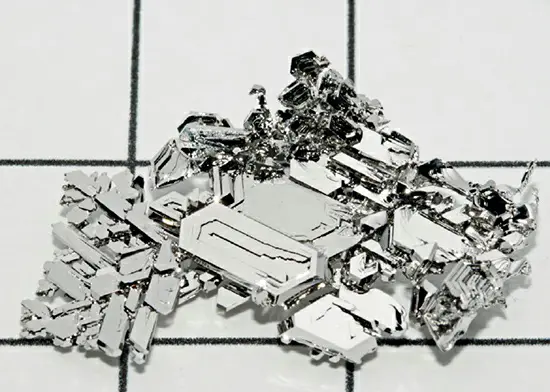1845: Alexander von Humboldt – The Father of Environmentalism
Alexander von Humboldt, a polymath explorer, laid the groundwork for modern environmentalism. His extensive fieldwork and holistic approach to studying nature's interconnectedness inspired a new worldview, shaping the environmental movement as we know it today
1837: Unveiling the Secrets of Ice Ages – The Contributions of Louis Agassiz
Louis Agassiz's pioneering work in geology led to the discovery of ice ages, explaining the presence of glacial features in currently ice-free regions. His hypothesis that vast ice sheets once covered much of the northern [...]
c. 1830: The Transformative Power of the Industrial Revolution
The Industrial Revolution, starting in Britain around 1760 and spreading globally, marked the transition from hand production to machine-led manufacturing. Characterized by innovations in steam power, factory development, and advances in various industries, it significantly [...]
1830: Charles Lyell’s Uniformitarianism – Unraveling Earth’s Timeless Mysteries
Charles Lyell's 1830 book "Principles of Geology" established uniformitarianism, proposing that current geological processes hold the key to understanding Earth's ancient history. This idea, opposing the catastrophism view, helped shape modern geology by advocating a [...]
1815: The Legacy of William Smith – Father of Modern Geologic Mapping
William Smith's 1815 geologic map of Britain marked a turning point in geology, offering detailed insights based on extensive field observations. Initially overlooked due to his outsider status, Smith's innovative mapping techniques eventually earned him [...]
1815: The Cataclysmic Eruption of Mount Tambora
The 1815 Mount Tambora eruption, one of the most explosive volcanic events in modern history, resulted in significant immediate and indirect fatalities. Its massive ash and gas emissions led to the "year without a summer," [...]
1814: Decoding the Sun – The Evolution of Spectroscopy
Isaac Newton's 1672 experiments unveiled that sunlight is a spectrum of colors, leading to the development of spectroscopy by Joseph von Fraunhofer. This technique, which identifies spectral lines of different atomic elements, revolutionized our understanding [...]
1811: Mary Anning – Unveiling Earth’s Ancient Secrets Through Fossils
Mary Anning's groundbreaking fossil discoveries in the 19th century, including the first ichthyosaur, plesiosaurus, and British pterosaur, played a crucial role in supporting the concepts of deep time and stratigraphy, highlighting the significance of fossils [...]
1804: The Lewis and Clark Expedition – Charting North America
The Lewis and Clark Expedition, commissioned by President Jefferson, was a landmark journey from 1804 to 1806 that mapped 8,000 miles of North America. While aiming to assert U.S. sovereignty, it also led to significant [...]
1802-1805: Exploring the Versatility of Platinum Group Metals
Platinum Group Metals, including platinum, rhodium, and palladium, are vital yet less recognized precious metals with significant industrial applications. They play crucial roles in fertilizer production and reducing vehicle emissions. Their scarcity is due to [...]

